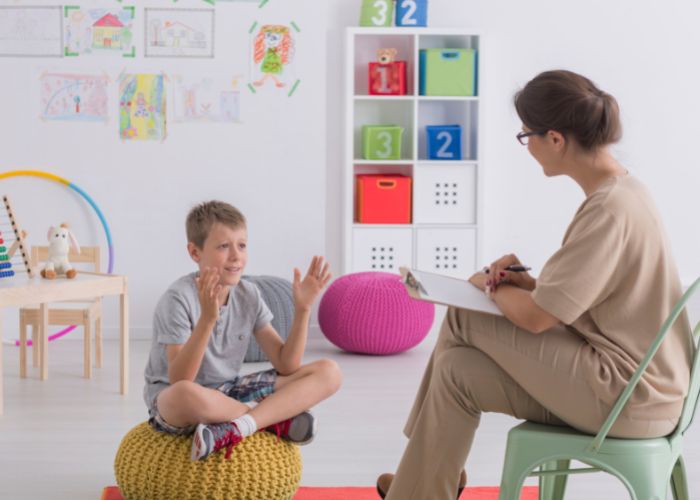The Role of the Child Specialist in the Collaborative Process
When you and your spouse find yourselves starting down the road of divorce, there are so many things to consider, but one of the most important things to consider is how your marital dissolution will affect your children, no matter their age.
While it is true that children are resilient, their brains do not entirely forget both the good and bad memories. Subconsciously, we retain all of our memories, both good and bad, for our entire life.
It is vital to a child’s emotional wellbeing to seek guidance from a child specialist specializing in divorce. It can help your family understand the child’s feelings.
Here are a few ways they can help parents:
- Identify what children may be feeling as a result of divorce
- Offer knowledge about child development and psychological effects of their parents divorcing
- Assist the clients in establishing boundaries for co-parenting successfully
- Develop a positive future vision by helping children move past all the anger, fear, and hurt feelings that result from the process of divorce
- Meet separately and privately with the child to give them a chance to speak of the family’s changes, as well as their feelings with a neutral adult in a safe environment
While the child specialist does not offer therapy, they are considered a vital component of the collaborative divorce process, and they do bring the needs and voice of the child to the table.
When you utilize the experts in the Los Angeles Collaborative Family Law Association, you can reduce your anxiety and stress because you will know that when your divorce is finalized, each party involved, including your children, will be ready to face the future with confidence.
Call us today if you would like to learn more about how our members at the Los Angeles Collaborative Family Law Association can help you and your family through your divorce and preserve your family’s mental wellbeing!
Note: This information is general in nature and should not be construed as legal/financial/tax/or mental health advice. You should work with your attorney, financial, mental health or tax professional to determine what will work best for your situation.

